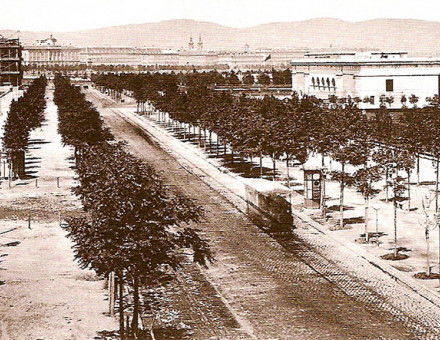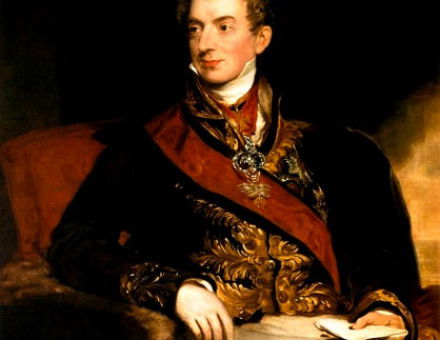Sir Robert Peel: Patron of The Arts
“The son of a cotton millionaire scouring the auction rooms of Europe and building lavishly in the latest architectural style,” the Tory leader was a highly representative early nineteenth-century figure. By J. Mordaunt Crook.




